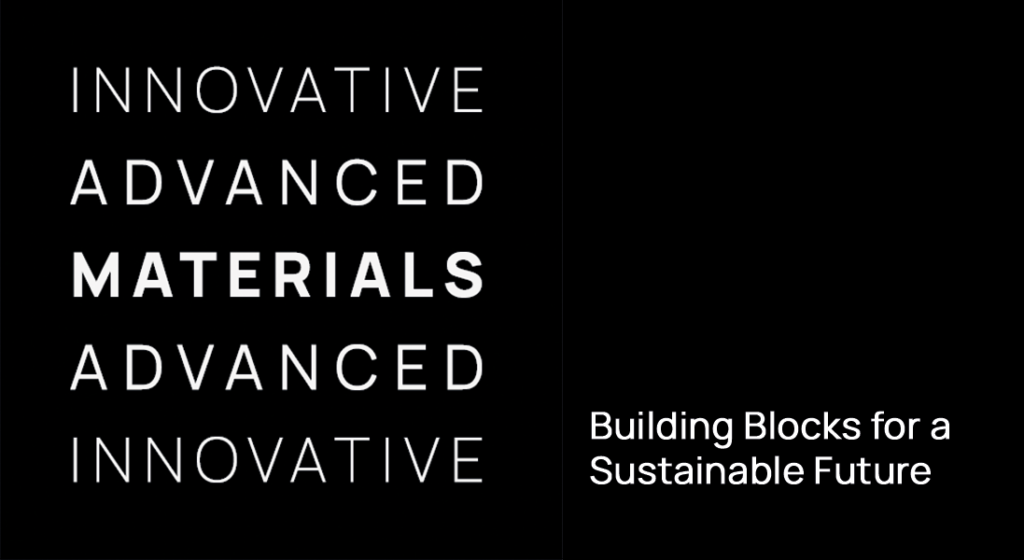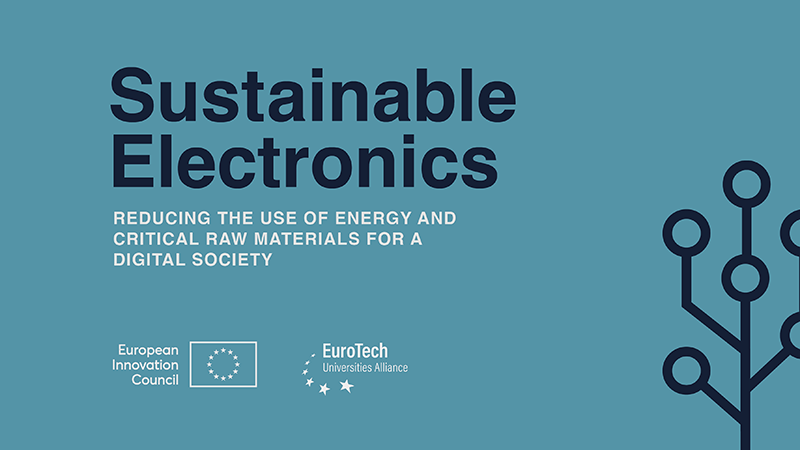Being a so-called Key Enabling Technology (KET), Additive Manufacturing advances many application fields and is at the centre of the fast and comprehensive transformation we currently see in our economy. In the future it will be crucial that manufacturing and production are not only agile and digitised, but also come with a reduced environmental footprint in processing value chains.
Within this EuroTech Focus Area, our academics do not only look at the research perspective of future-proof green manufacturing but also at how universities need to fulfil their mission of providing the right skills to the engineers of tomorrow.
Our ambition is to bundle expertise and research strengths around Industry 4.0/smart factory technologies, covering aspects such as automation, simulation, 3D printing and new materials, involving external stakeholders of the six high-tech innovation ecosystems (Copenhagen/Lyngby, Lausanne, Paris/Palaiseau, Haifa, Eindhoven, Munich/Garching) in which the universities are embedded.
Key Enabling Technologies at the centre of Europe’s future prosperity
On 27 May 2021, EuroTech Universities Alliance organised an online event on Key Enabling Technologies (KETs). Europe prioritises research and innovation support for six such technologies, among them additive manufacturing. The event highlighted different aspects of this support and put an emphasis on equipping the current and future workforce with the right skills in these fields. Watch the recording of the debate on Youtube and find more information about the event here.
Chips for Europe: Capitalising on our strengths in semiconductor innovation and skills
On 5 May 2022, we organised an online EuroTech Policy Deep Dive to share the views of universities on the European Chips Act, published by the European Commission in 2022. We also used the event to highlight some of our expertise available at the six EuroTech Universities.
You can find more information on the event here.
Innovative advanced materials: Building blocks for a sustainable future
Materials are key enablers for shaping the world we want to live in. They can significantly contribute to improving people’s well-being, fighting climate change and increasing industrial competitiveness. In June 2023, the European Innovation Council and EuroTech teamed up to highlight the importance – and beauty – of innovative advanced materials with a 1-week exhibition of compelling demonstrators and informative posters and videos at the European Commission.

Sustainable electronics: Reducing the use of energy and critical raw materials
The footprint of electronics can be drastically reduced by shifting to innovative manufacturing methods, using materials with a lower environmental impact, and tackling the energy consumption from the design phase to the end of life of the devices developed. In a joint workshop with the European Innovation Council on 15 October 2024, we shed a light on innovative solutions made in Europe. The workshop was accompanied by a week-long exhibition at the European Commission.










